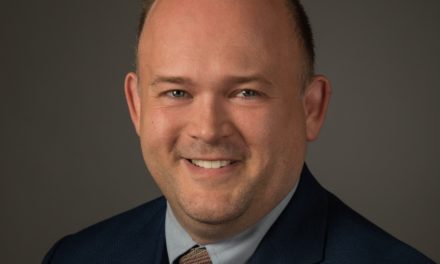I have written previously about attending the 2015 RICS Summit of the Americas. My last post focused on California’s property tax laws, although it also addressed how events in California might affect other taxing jurisdictions in the United States. Now we turn from the local to the global—today’s focus is sessions with a broader perspective.
In the afternoon session on April 23, I attended a panel discussion on international valuation standards and global regulations. Mark Snow, the chief appraiser of Citibank, discussed valuation policies and the role of their primary regulator, the Office of the Comptroller of the Currency (OCC). Also, with Citibank having investments in 102 counties, that’s 102 different sets of regulations that must be adhered to.
Panelists were asked what one thing they would change about the valuation profession. Their answers included the following suggestions:
- Streamline (simplify) requirements and make them more collaborative.
- Separate residential standards and commercial standards.
- Explicate the drivers of value upfront in the appraisals (e.g., LEED certification). Identify the 2 to 5 things upfront in the narrative that influence the property’s value (e.g., loss of tenant, contamination, or corner lot).
- Amend the Financial Institutions Reform, Recovery, and Enforcement Act of 1989 (FIRREA) to address the valuation of foreign properties by locally (e.g., Poland) accredited or licensed appraisers.
- Increase uniformity in licensing requirements throughout the United States.
The Friday morning sessions started with a few keynote panels, including a panel discussion on global investment trends. Principal Real Estate Investors invests in all four quadrants (private/public and debt/equity matrix). Indraneel Karlekar, Managing Director, Global Head of Research Strategy, Principal Real Estate Investors, presented a global economic outlook. Global gross domestic product (GDP) will likely expand by approximately 3.5% in 2015, increasing to 3.8% in 2016, according to the International Monetary Fund (IMF). One unfavorable factor is the increased political volatility in energy-based economies such as Russia and Brazil.
The spread between bonds and commercial real estate (CRE) is “huge,” and CRE still looks more attractive even in a cap rate compression environment. Risky assets have outperformed real economic growth globally. CRE has been a prime beneficiary of the global monetary policy largesse. According to Karlekar, the United States is the least “dirty” shirt among developed nations and will carry global growth in 2015. CRE is the last major asset to go global—it’s happening now and will continue.
Martin Brühl of Union GmbH discussed his firm’s investment strategy by walking us through a building his company bought in Houston. At first, the U.S. partners were not sure about the building, but Union GmbH did its due diligence and helped calm the nerves of everyone involved in the deal.

The rooftop bar at Soho House in New York, courtesy of Flickr user pvsbond, CC BY-SA 2.0.
Mike Hu of Gaw Capital Partners USA talked about the firm’s U.S. real estate strategy and a case study. In the United States, Gaw Capital is developing a creative office concept in both Los Angeles and San Francisco. This includes non-dedicated (shared) office space with shared amenities. The firm’s other U.S. strategy is “creative hospitality,” which is highly lifestyle- and experience-driven spaces. The firm is buying old mom-and-pop hotels near college campuses (e.g., the Graduate Tempe hotel in Tempe, Arizona, as well as properties in Madison, Wisconsin, and Athens, Georgia) that will be attractive to millennials. His case study is the Soho House in Chicago. It is a private club focused on the creative arts community. Gaw signed a 20-year triple net (NNN) lease with the Soho House folks. It opened in August 2014 with 1,200 founding members.
I will have one more post about the RICS Summit of the Americas focusing on real estate data issues and the future of the valuation profession.





Recent Comments